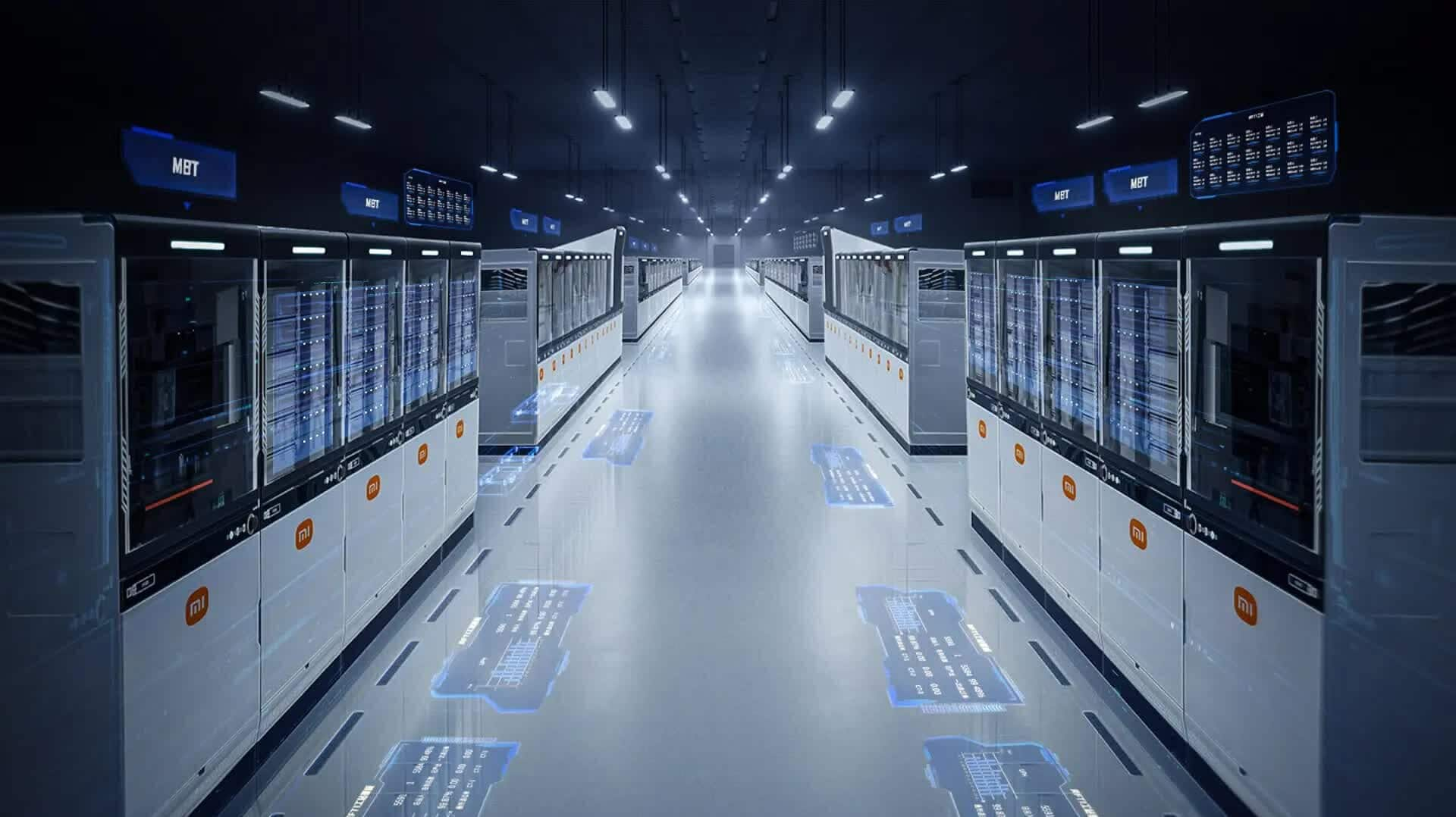
Xiaomi's new AI-powered smart factory operates 24/7, replaces human labor
What's the story
Chinese tech giant Xiaomi has launched a fully autonomous smart factory, capable of manufacturing 10 million handsets annually.
The factory, situated in Beijing's Changping district, operates 24/7 without human labor and is powered by artificial intelligence (AI), that can identify and rectify production issues.
CEO Lei Jun describes the facility as a truly automated mass-production factory, that can produce the company's upcoming MIX Fold 4 and MIX Flip phones at an impressive rate.
AI integration
Factory's AI capabilities enhance production efficiency
The 860,000-square-foot facility is an upgrade from Xiaomi's previous smart factory built in 2019.
Jun characterizes the new factory as a fully automated mass-production facility with 11 production lines.
The AI integrated into the factory not only identifies and solves production issues, but also optimizes the entire manufacturing process.
This level of automation potentially replaces human workers who would otherwise diagnose or fix problems, thereby enhancing efficiency.
Advanced monitoring
Xiaomi's IMP streamlines factory operations
The factory operates without human presence on the floor, but a few individuals monitor the Xiaomi Hyper Intelligent Manufacturing Platform (IMP) from what Jun refers to as the War Room.
The IMP is designed to improve process flows, make decisions, and execute commands.
According to a Weibo post cited by New Atlas, it can manage full-scenario digital operations from procurement of raw materials to delivery.
Industry shift
Automation trend extends beyond Xiaomi's factory
The trend of replacing human workers with robots is not new. In 2016, Foxconn trimmed its workforce by 60,000 by swapping them out for machines that work round-the-clock.
Xiaomi's smart factory takes this automation to another level.
This trend is also seen in other sectors, such as Amazon increasing its usage of autonomous machines in fulfillment centers and warehouses, from 350,000 robots in 2021 to over 750,000 by June 2023.